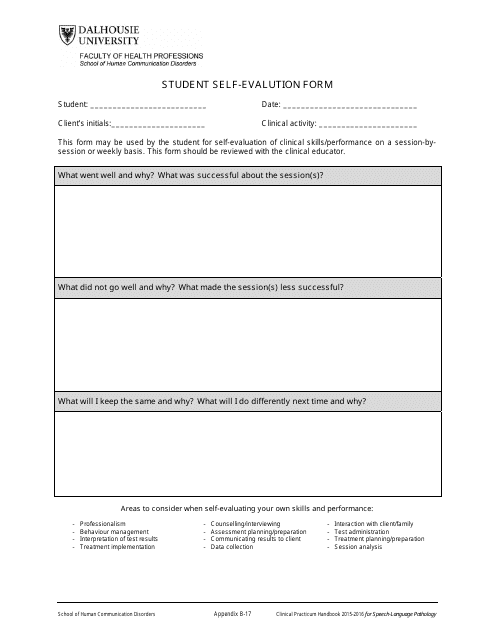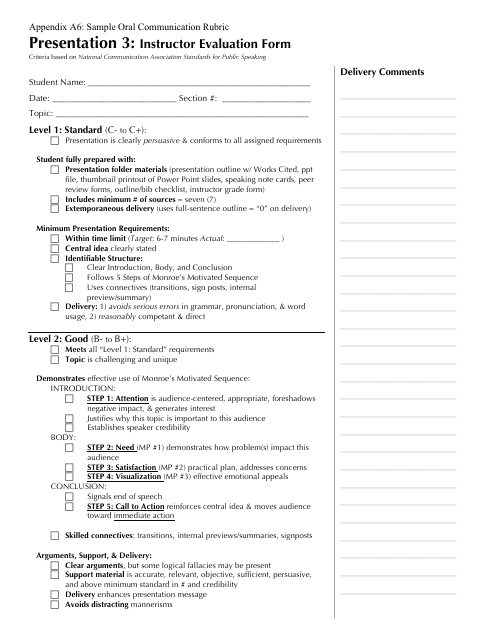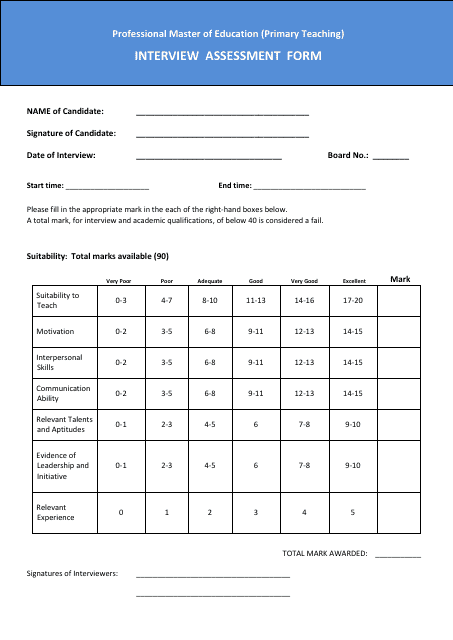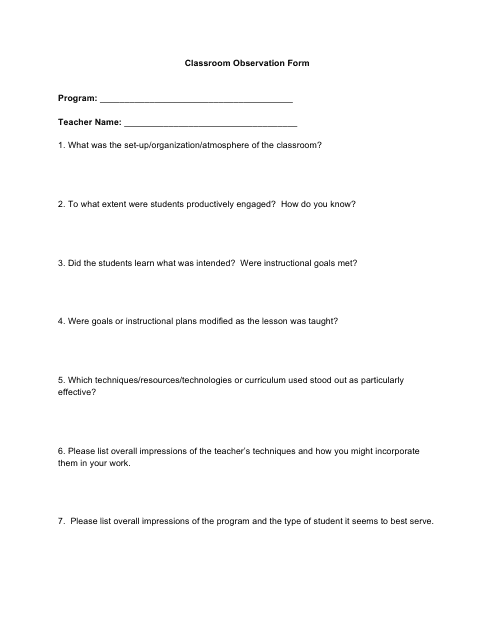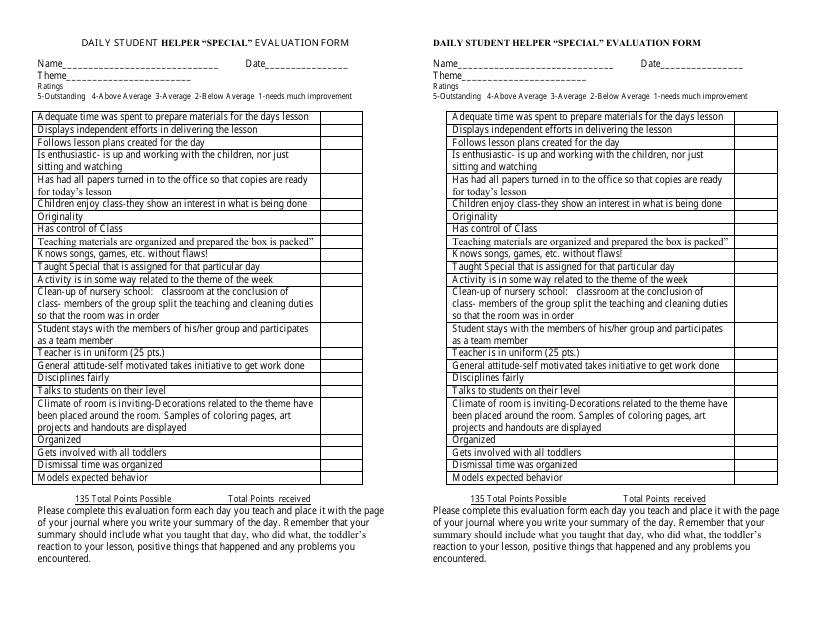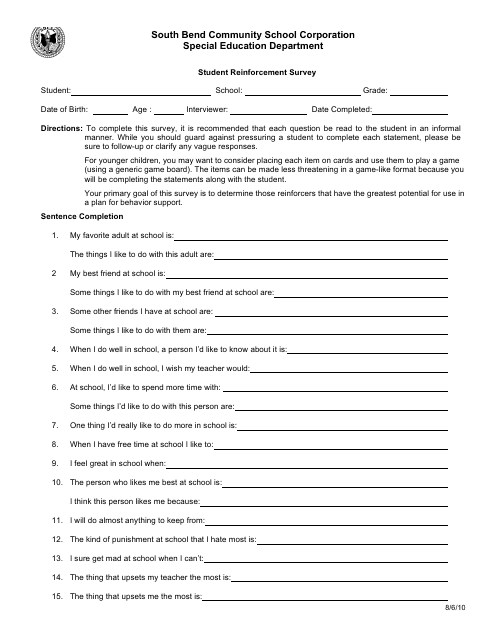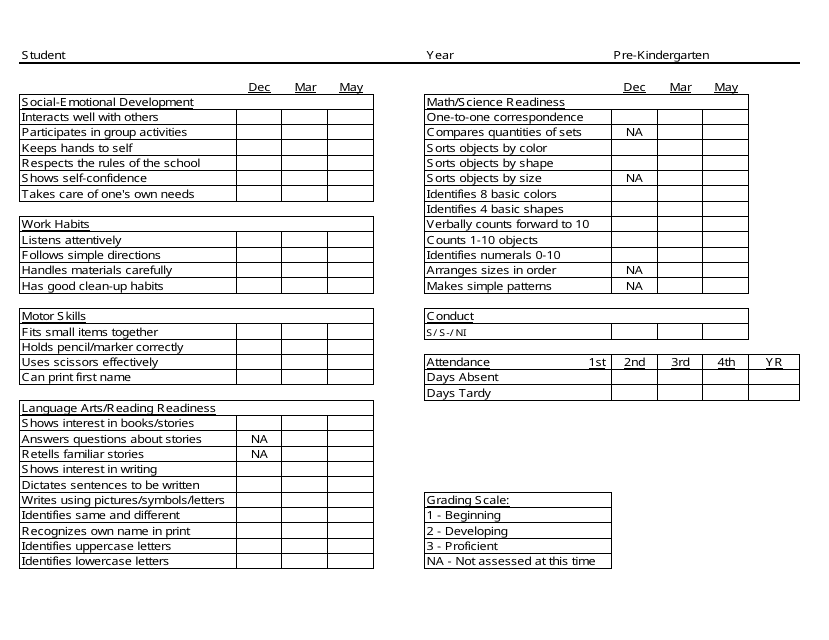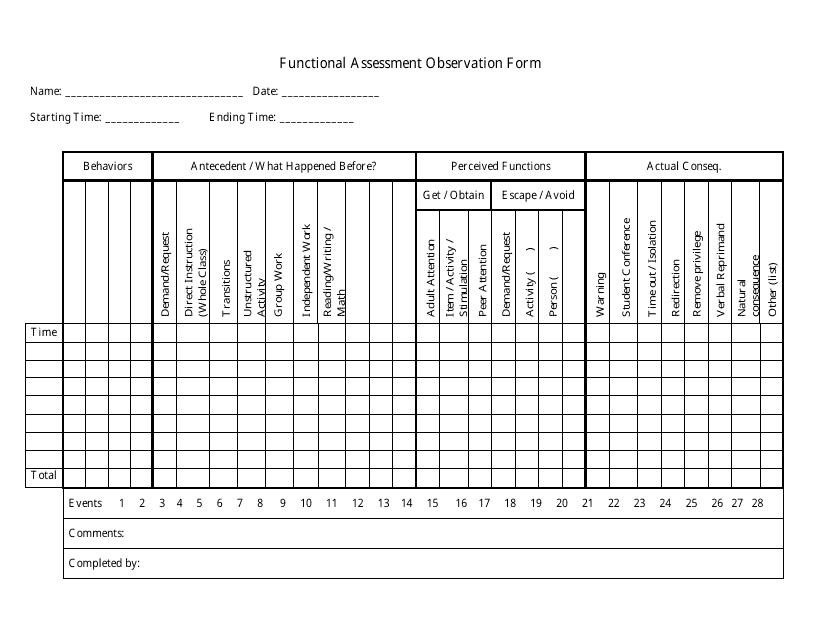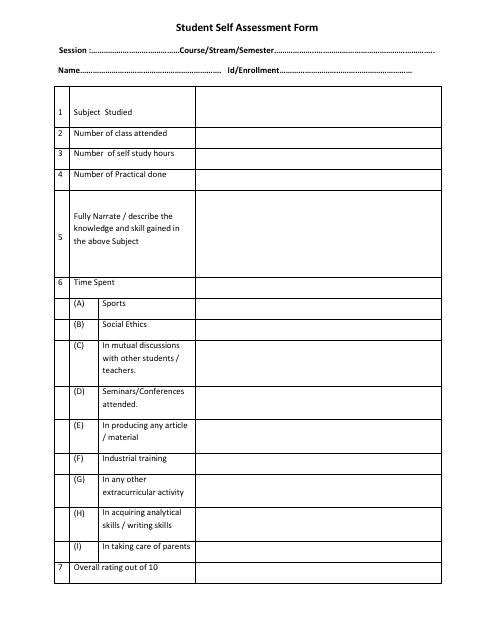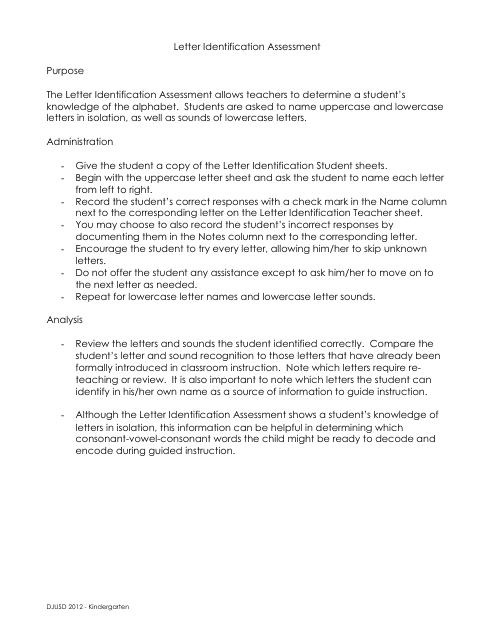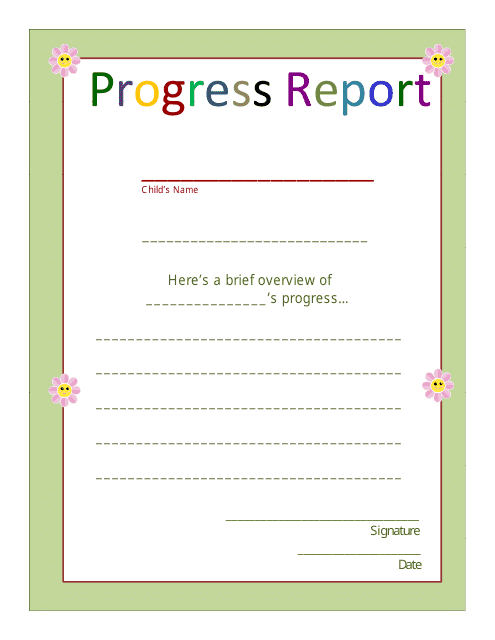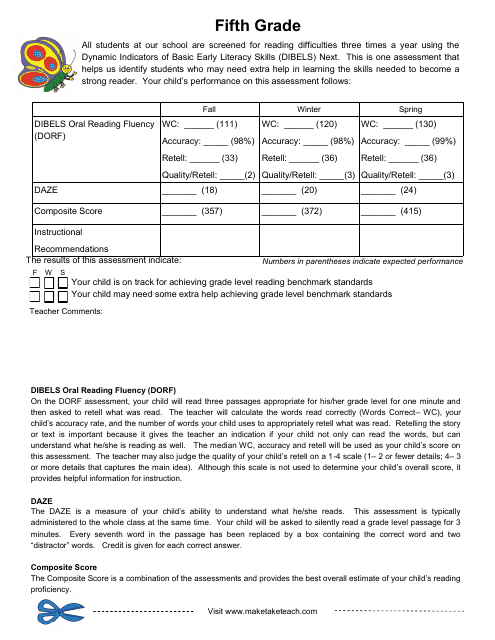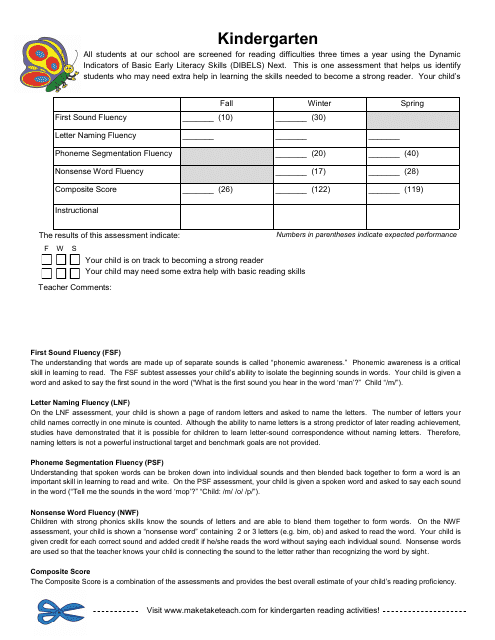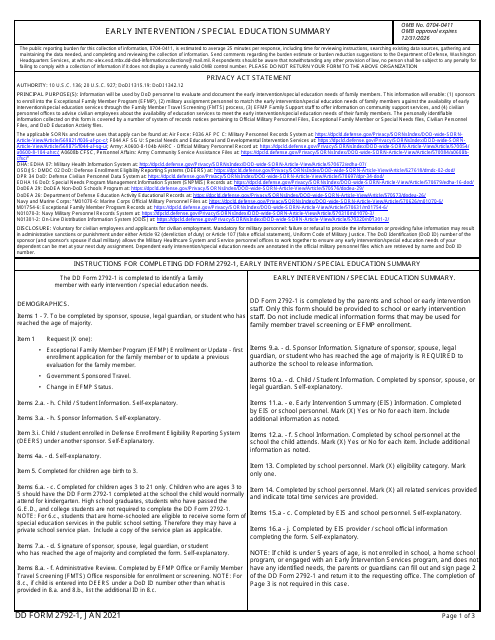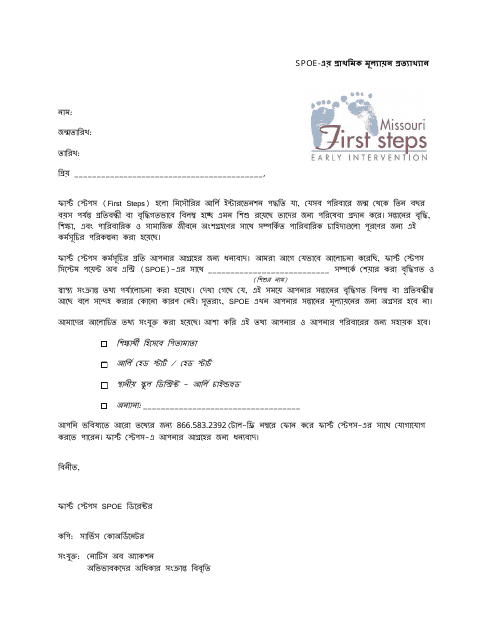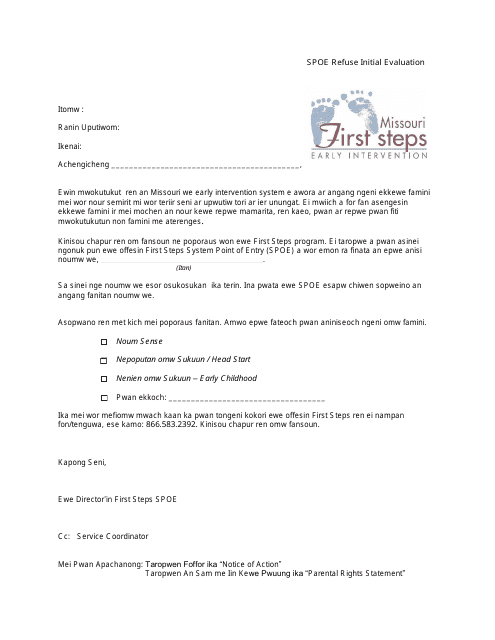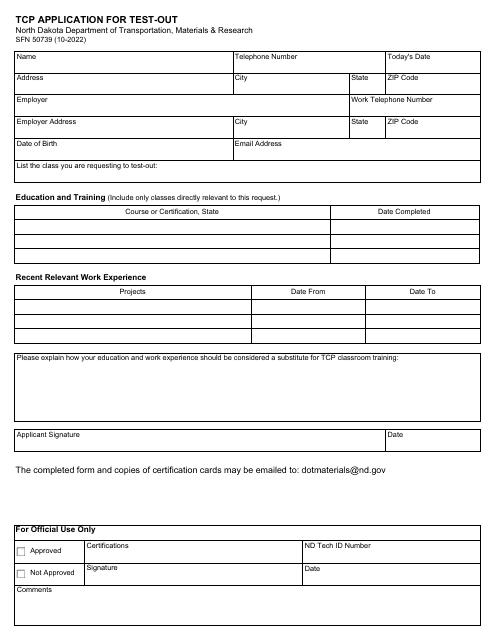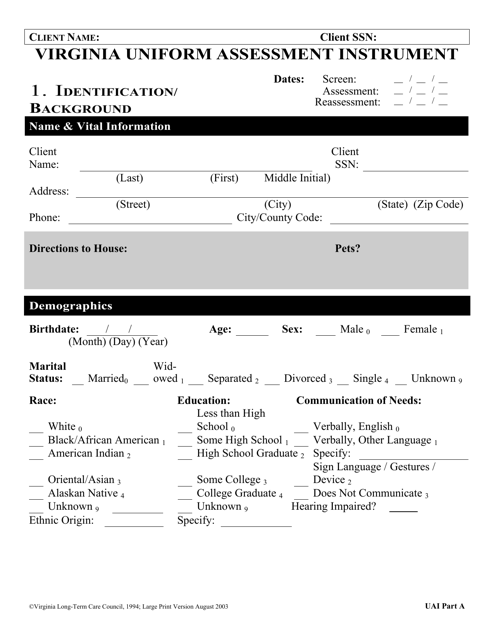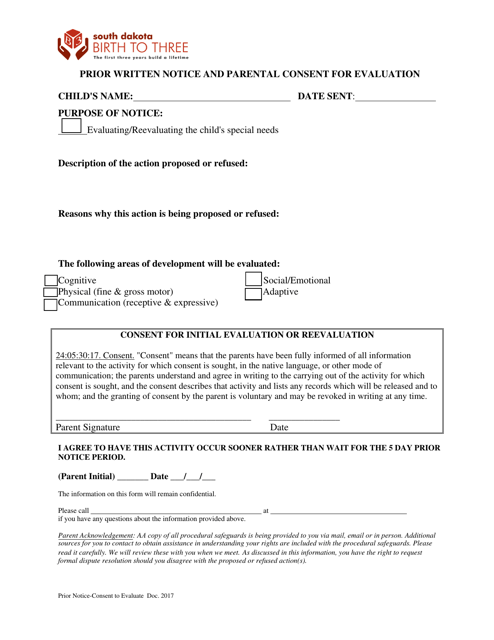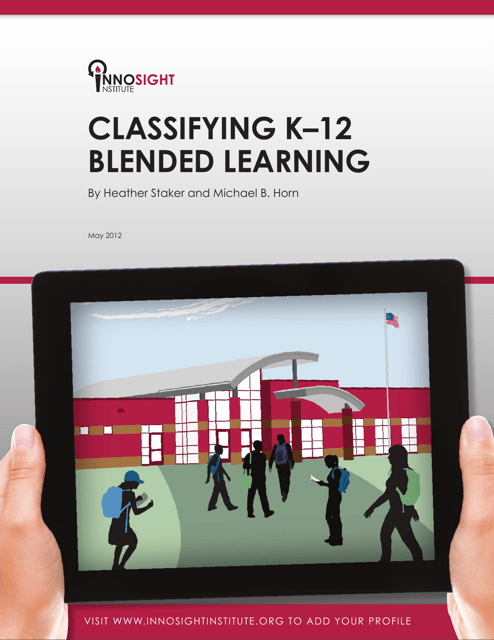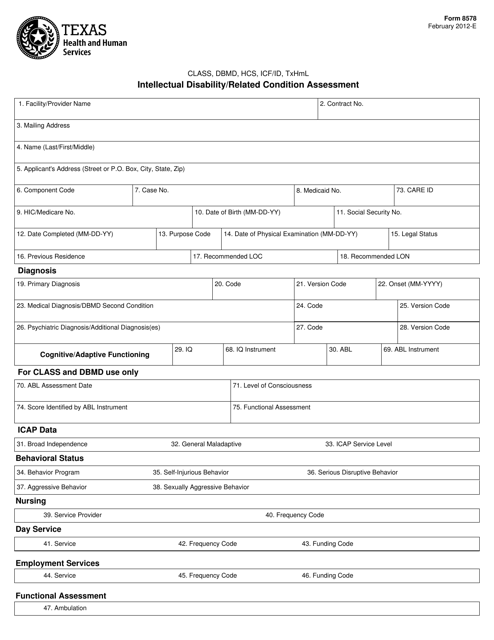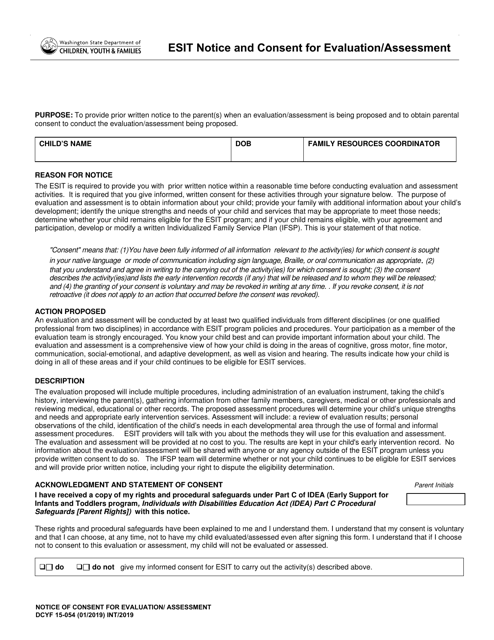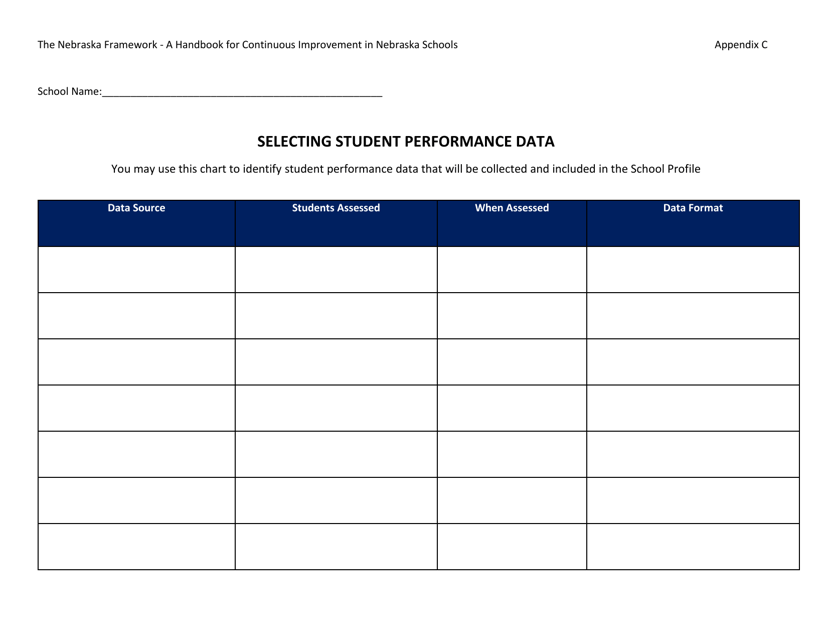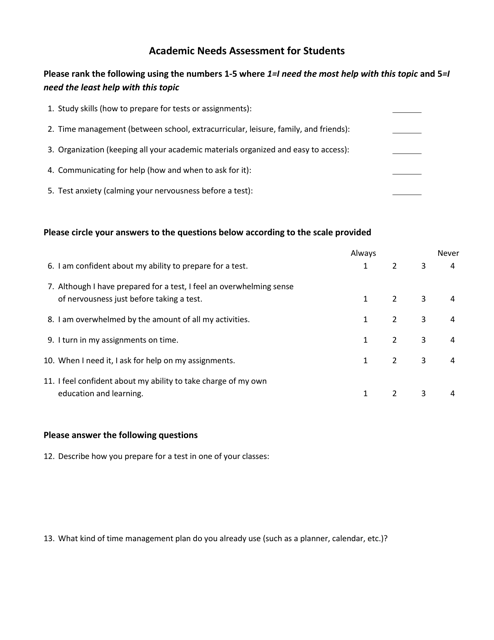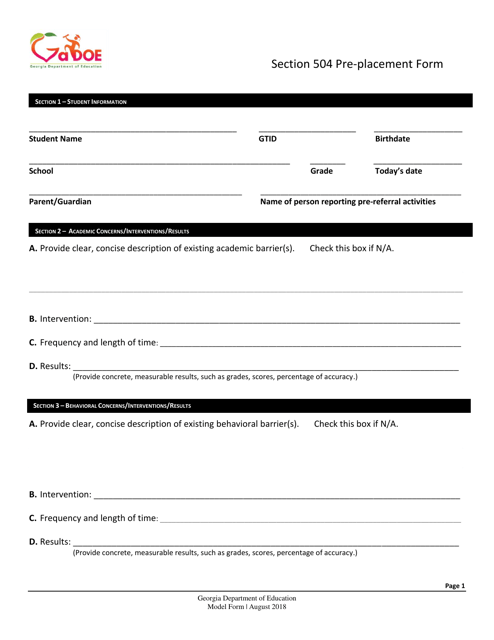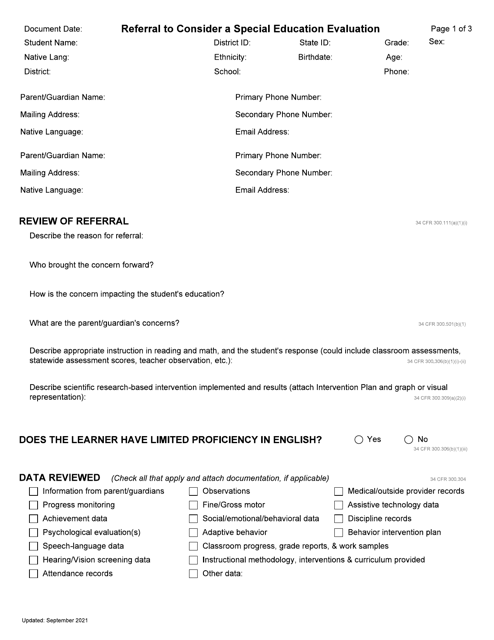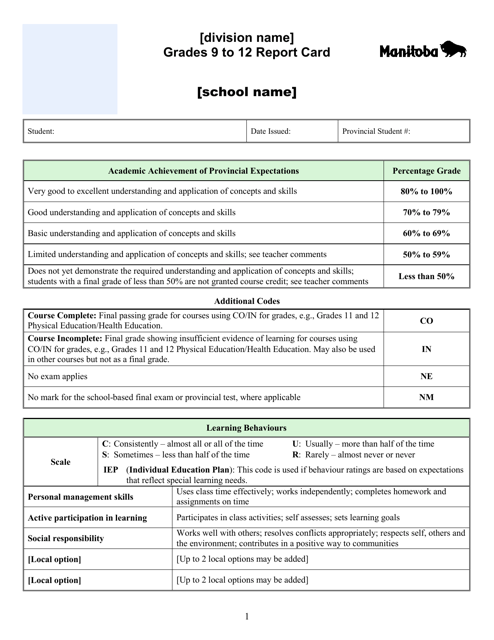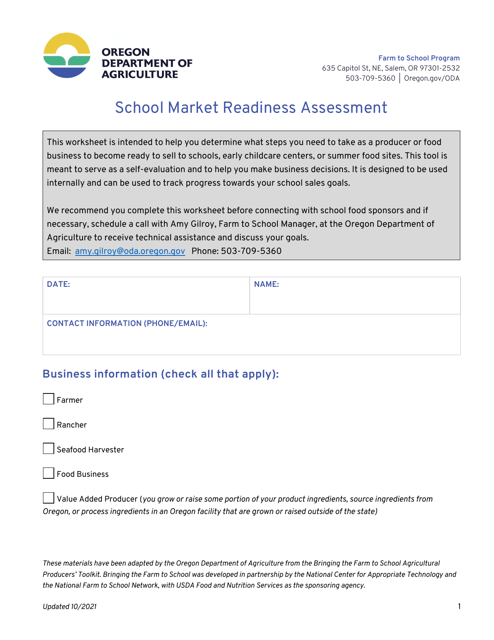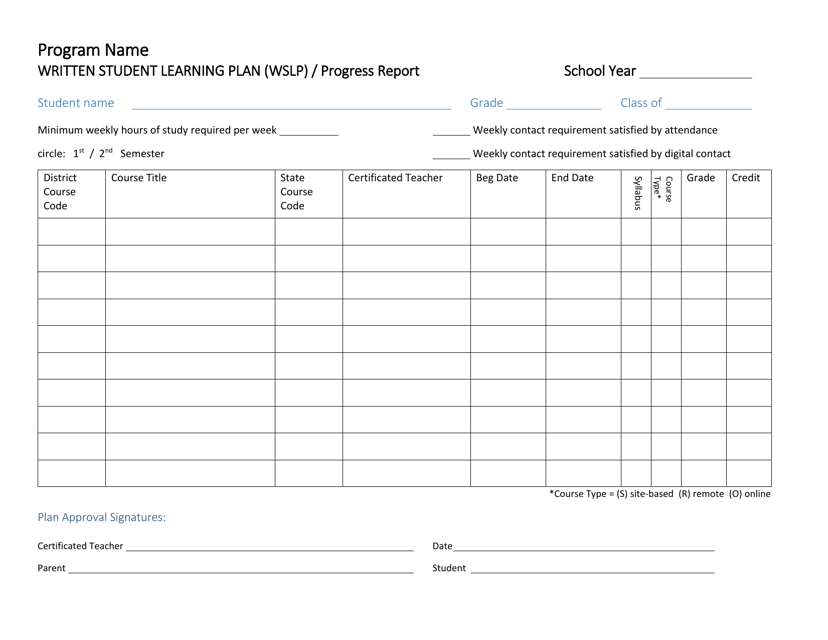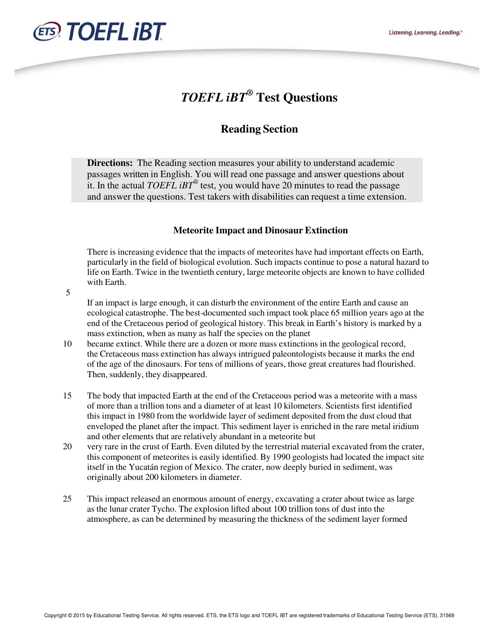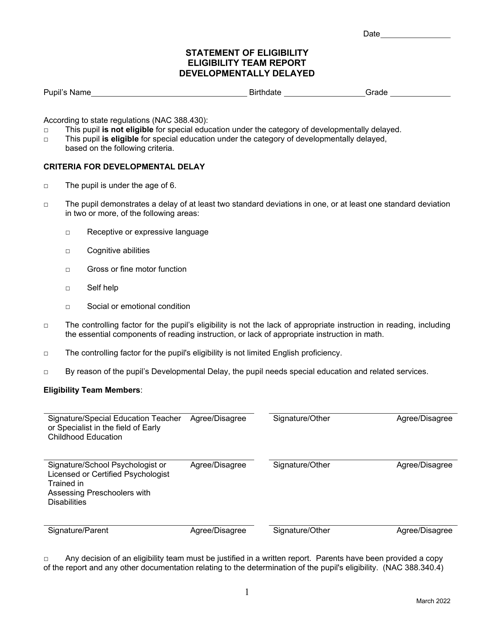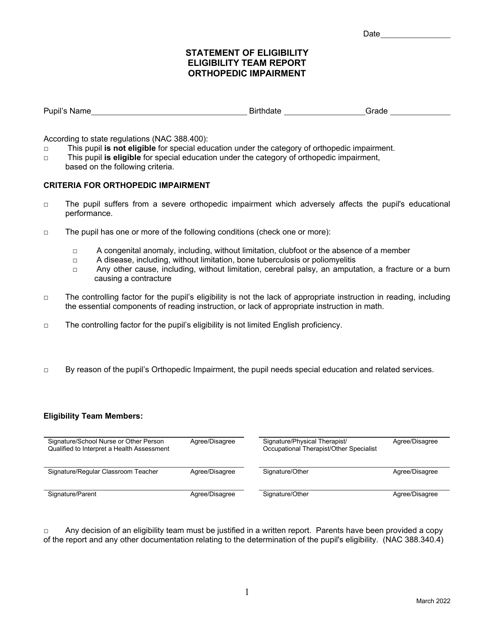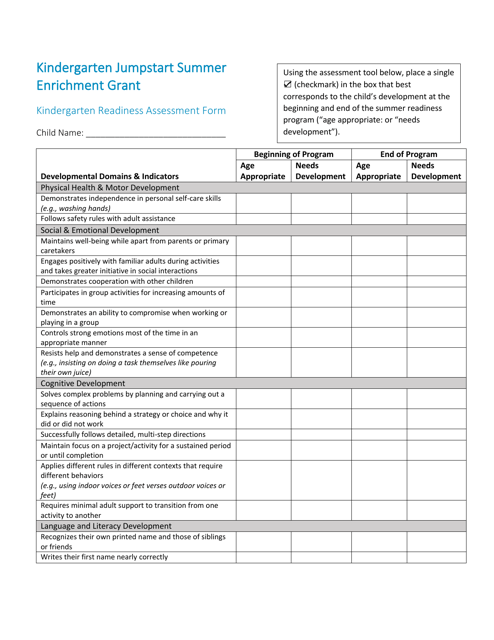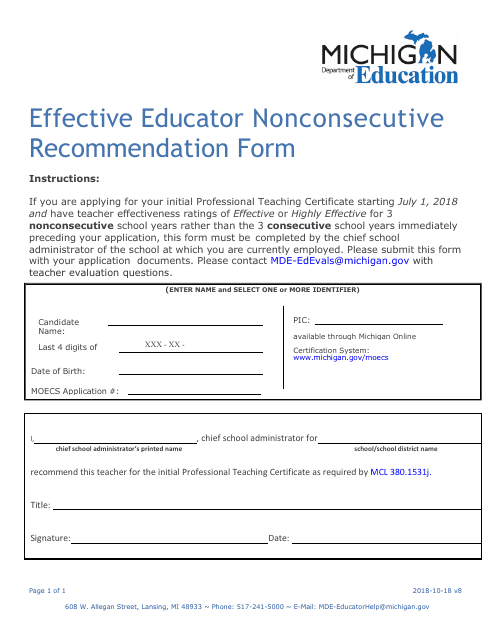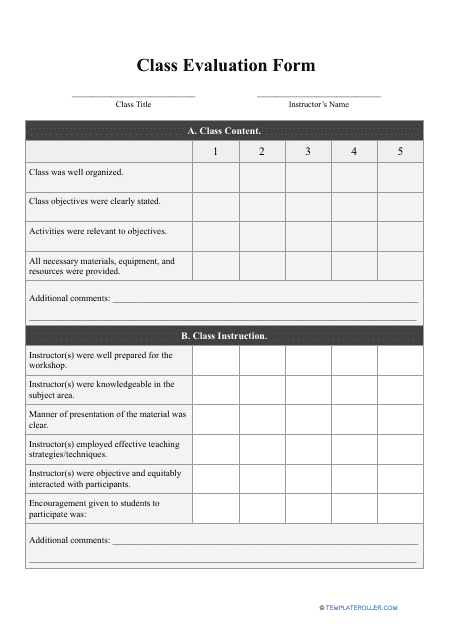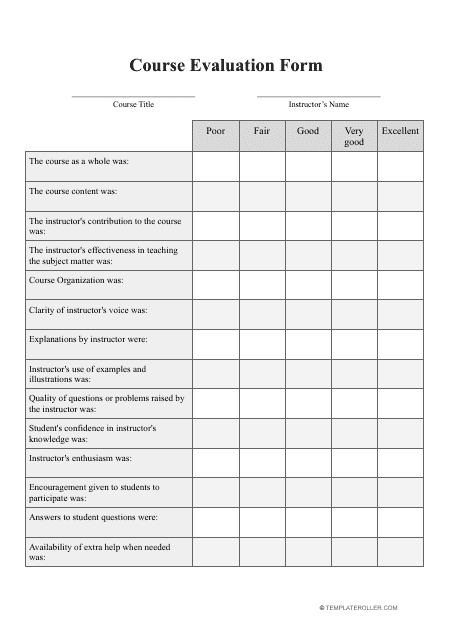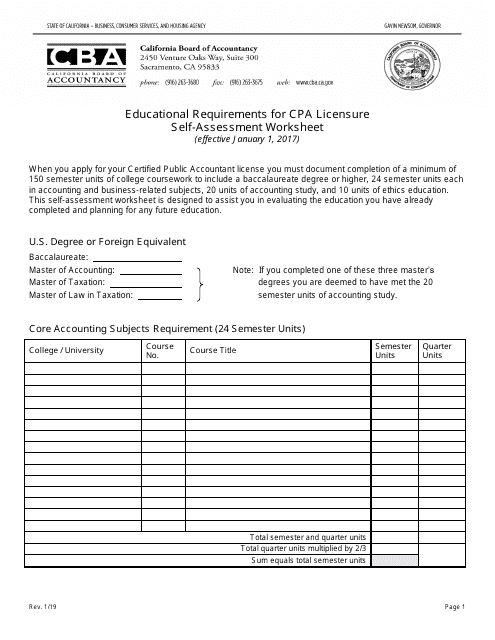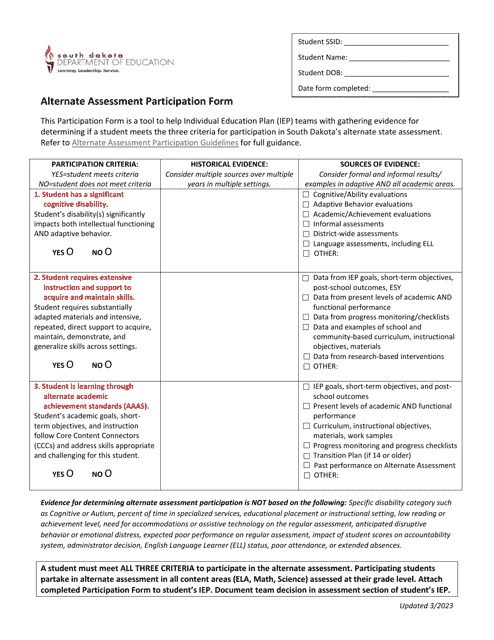Educational Assessment Templates
Are you looking to measure, evaluate, and track educational progress? Our educational assessment tools and resources are designed to help teachers, educators, and administrators gather valuable insights into student performance and learning outcomes.
Our collection of educational assessments, also referred to as education assessments, educator assessments, or education assessments, spans a wide range of areas and purposes. These assessments can assist in determining student placement, identifying learning needs, monitoring progress, and even informing instructional strategies.
From interview assessment forms for professional education programs to specialized evaluation referral forms for students with special needs, our educational assessments are diverse and comprehensive. Whether you are a classroom teacher, a school administrator, or a district leader, our assessment resources can support your efforts to improve educational outcomes.
Our educational assessments are tailored to different grade levels and educational systems. For instance, we offer report card templates for grades 9 to 12 in the semestered system used in Manitoba, Canada. Additionally, we provide statement of eligibility forms for students with developmental delays in Nevada. These resources are just a glimpse into the wide array of assessment materials available to enhance educational practices.
With our educational assessment resources, you can make informed decisions, adapt instruction, and provide targeted support to students. Explore our collection of assessment tools and resources to enhance your educational practices and unlock the potential of every learner.
Note: This text can be further optimized and tailored based on the specific audience and purpose of the webpage.
Documents:
41
This document is a form used by students at Dalhousie University to evaluate their own performance and progress. It helps students reflect on their strengths, weaknesses, and goals.
This form is used for assessing candidates during the interview process for the Professional Master of Education program in Primary Teaching.
This Form is used for classroom observations and includes seven specific questions to gather feedback and evaluate the teaching experience.
This form is used for evaluating the performance and effectiveness of the Daily Student Helper "special" program.
This document allows the South Bend Community School Corporation to gather feedback from students for the purpose of measuring and improving academic and extracurricular programs.
This document provides a standardized assessment for evaluating the general skills and development of pre-kindergarten students. It helps gather information about a child's abilities, including cognitive, social, emotional, and physical areas.
This document is used for observing and assessing the functional abilities of an individual. It helps in understanding their strengths, weaknesses, and areas of improvement.
This Form is used for students at Singhania University to assess their own academic progress and performance.
This document is a template for an assessment that helps identify the letter recognition skills of kindergarten students.
This document is a template used to track and report on a child's progress in areas such as academics, behavior, and social skills. It provides a standardized format for documenting and sharing information with parents or guardians.
This Form is used for assessing the early literacy skills of fifth-grade students.
This form is used for assessing basic early literacy skills in Kindergarten students. It provides dynamic indicators to measure their literacy progress.
This form is used to enroll in Exceptional Family Member Program (EFMP) and to record special educational needs of a dependent child from birth through the age of 21 whose health condition requires special educational services.
This document is a form used for the initial evaluation of a spouse's refusal in Missouri specifically for individuals who speak Chuukese.
This document is a letter written in Russian and is used for the initial evaluation of a Social Security disability claim in Missouri.
This form is used for providing parents with information and obtaining their consent for the evaluation of their child in South Dakota. It ensures that parents are informed about the purpose and process of the evaluation and have the opportunity to give their consent.
This document classifies K-12 Blended Learning.
This form is used for assessing intellectual disability or related conditions in the state of Texas. It helps to determine eligibility for certain programs and services.
This form is used for notifying and obtaining consent for evaluation or assessment by the Washington State Department of Children, Youth, and Families (DCYF).
This document provides guidance on how to select student performance data in the state of Nebraska. It offers information on the criteria and process for choosing relevant data to assess student progress and achievement.
This document is used to assess the academic needs of students in Oklahoma. It helps identify areas where students may need additional support or resources to succeed academically.
This document is a form used in the state of Georgia in the United States for evaluating and determining appropriate placement or accommodations for individuals with disabilities under Section 504 of the Rehabilitation Act.
This document is a report card template for students in grades 9 to 12 in Manitoba, Canada. It is used to record and evaluate student's academic performance during a semester.
This document assesses the readiness of schools in Oregon to enter the market. It evaluates their preparedness to meet consumer demands and compete successfully.
This type of document, called the Written Student Learning Plan (WSLP) or Progress Report, is used in Washington to track and report the progress of students in their learning and academic achievements.
This document provides TOEFL iBT test questions for the reading section. It is published by the Educational Testing Service (ETS).
This document is used for determining the eligibility of individuals with developmental delays in the state of Nevada.
This document certifies the eligibility of an individual with an orthopedic impairment in the state of Nevada. It is used to verify the condition and support any necessary accommodations or services required for the person.
This form is used for assessing the readiness of children entering kindergarten in Rhode Island. It is part of the Kindergarten Jumpstart Summer Enrichment Grant program.
This type of document is a recommendation form used in Michigan for nonconsecutive periods for effective educators. It is used to evaluate and recommend educators for their performance during specific timeframes.
This is a written document that can be used to record the thoughts of a student on a particular class or course.
This type of form is a great way for teaching staff or course organizers to get vital feedback about a course from the attendees.
This type of template is used by the administration or a senior member of staff within a school to evaluate the performance of a teacher, focusing on their ability to teach in a classroom.
This self-assessment worksheet is used to determine if you meet the educational requirements for obtaining a CPA license in California.
This document is used by South Dakota to collect information about students participating in alternate assessments.

